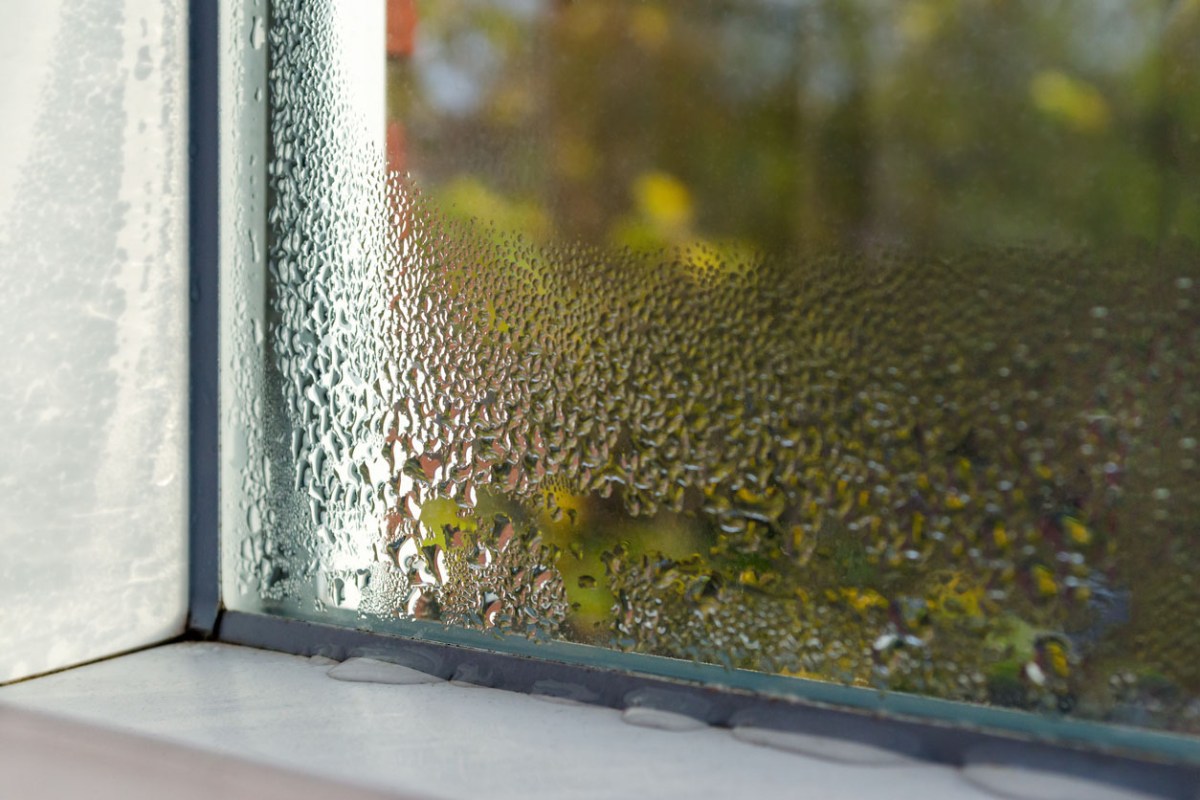Humidity is a common issue faced by many homeowners and businesses. Along with it comes the persistent and unsettling humidity smell that can invade your living or working spaces. Learning how to get rid of humidity smell is crucial to maintaining a fresh and healthy environment. In this article, we will explore the reasons behind this odor and introduce you to some terrific technology and methods to combat it effectively. Whether you’re dealing with a minor or significant smell, there’s a solution out there for you.

What Causes Humidity Smells?
Before diving into solutions, it’s important to identify the causes of the humidity smell. The odor usually arises due to excess moisture which leads to mold growth and a musty environment. In homes, this can be due to poor ventilation, leaks, or simply high atmospheric humidity. In contrast, businesses may face these issues due to inadequate indoor air quality management.
The Impact of Humidity Smells
Humidity itself can contribute to a variety of problems beyond just smells. It can harm wooden furniture, cause paint to peel, and even affect electrical components. Most importantly, mold and mildew can lead to health issues such as allergies and respiratory problems. Reducing humidity is vital for physical property health and human health.
Benefits of Tackling the Humidity Problem
Eliminating humidity smells offers several benefits. You not only protect your property’s structural integrity, but you also improve indoor air quality. Moreover, controlling humidity can reduce the spread of allergens and enhance the well-being of everyone in the space.
Modern Technology to the Rescue
Thanks to modern advances, combating humidity smells has never been easier. From dehumidifiers to air purifiers, technological solutions are at your disposal. These devices can provide a systematic approach to control and eliminate excess moisture. Evaluating your specific needs will help you choose the right equipment for lasting results.
Choosing the Right Dehumidifier
A dehumidifier is one of the most effective tools in fighting humidity smells. When selecting one, consider the size of the area and the severity of the humidity. There are portable models for smaller areas, while larger spaces may need industrial-grade units. Consult reviews and expert recommendations for the best choice.
Portable vs. Industrial Dehumidifiers
Portable dehumidifiers are ideal for small rooms or household areas, whereas industrial models cater to large areas such as offices or warehouses. Consider the appliance’s energy consumption and noise levels before purchasing. Cost, functionality, and maintenance requirements should also be evaluated.
Maintaining Ventilation
Besides technology, proper ventilation is crucial in preventing humidity smells. Ensure that your HVAC systems are up to date, and consider installing exhaust fans in moisture-prone areas such as bathrooms and kitchens. Regular maintenance can drastically reduce moisture levels and associated odors.
DIY Ventilation Improvements
You can also make improvements on your own. Open windows to increase airflow or use fans strategically to enhance circulation. In homes with attics or basements, inspect areas for leaks and seal or repair any faults.
Using Natural Deodorizers
Natural remedies can complement technological solutions. Baking soda, vinegar, and essential oils can absorb odors. Place these substances in affected areas and combine them with air purifiers for an even greater effect.
Essential Oils for Freshness
Essential oils like tea tree and eucalyptus are known for their antimicrobial and fragrant properties. Diffusers can be used to spread these scents throughout your space, aiding in reducing the humidity smell.
Smart Home Solutions
With advancements in smart technology, managing your home’s interior environment is easier. Smart humidifiers can alert you to changes in humidity levels, enabling you to take action before odors become a noticeable problem.
Integrating Smart Devices
Consider linking smart dehumidifiers or air quality sensors with other home automation devices. This integration allows seamless monitoring and adjustment of your air quality, keeping it fresh and pleasant.
Professional Help and Advice
For enduring issues, seek professional assistance. They can offer an in-depth evaluation and tailor solutions to eliminate stubborn smells. Professional input is especially valuable if technological measures have not produced desired outcomes.
Consulting Indoor Air Quality Experts
Indoor air quality experts, like those found at reputable agencies, provide valuable assessments and solutions for indoor environmental challenges. Their insights help refine your approach to controlling humidity-related odor problems.
Seasonal Considerations
Weather patterns can influence humidity levels. Understanding seasonal changes will help adjust your strategy effectively. For example, spring and summer seasons often bring heightened humidity; periodically check your mitigation approaches during these times.
Winter Humidity Solutions
In colder months, heating can contribute to low humidity, paradoxically leading to discomfort. Balancing humidifiers and dehumidifiers can help maintain an optimal indoor climate year-round.
Final Thoughts on Humidity Smell Management
By understanding the causes and employing various technologies and methods, you can bid farewell to persistent humidity smells. Whether you’re a homeowner navigating seasonal changes or a business maintaining a healthily regulated environment, these strategies will provide relief and assurance for a fresher, cleaner space.

FAQ Section
What is the best way to monitor humidity levels?
Smart sensors are highly effective for tracking and adjusting indoor humidity levels. Many options allow real-time alerts and adjustments based on data.
Can natural deodorizers fully eliminate humidity smells?
While natural options like vinegar and baking soda can assist, using them in conjunction with technology yields the best results.
Are industrial dehumidifiers too loud for home use?
Though effective, industrial models can produce significant noise. Residential settings may prefer quieter, portable dehumidifiers.






